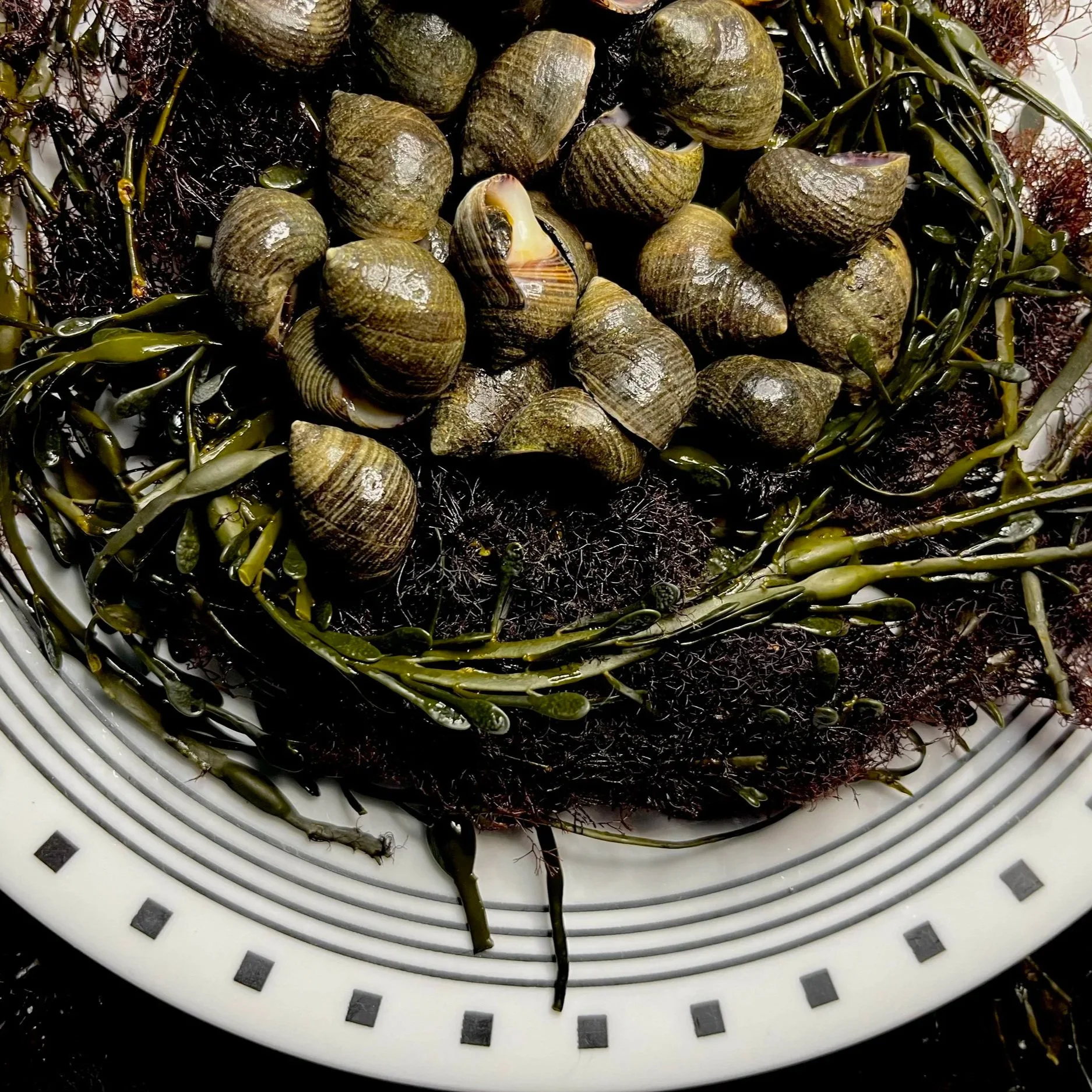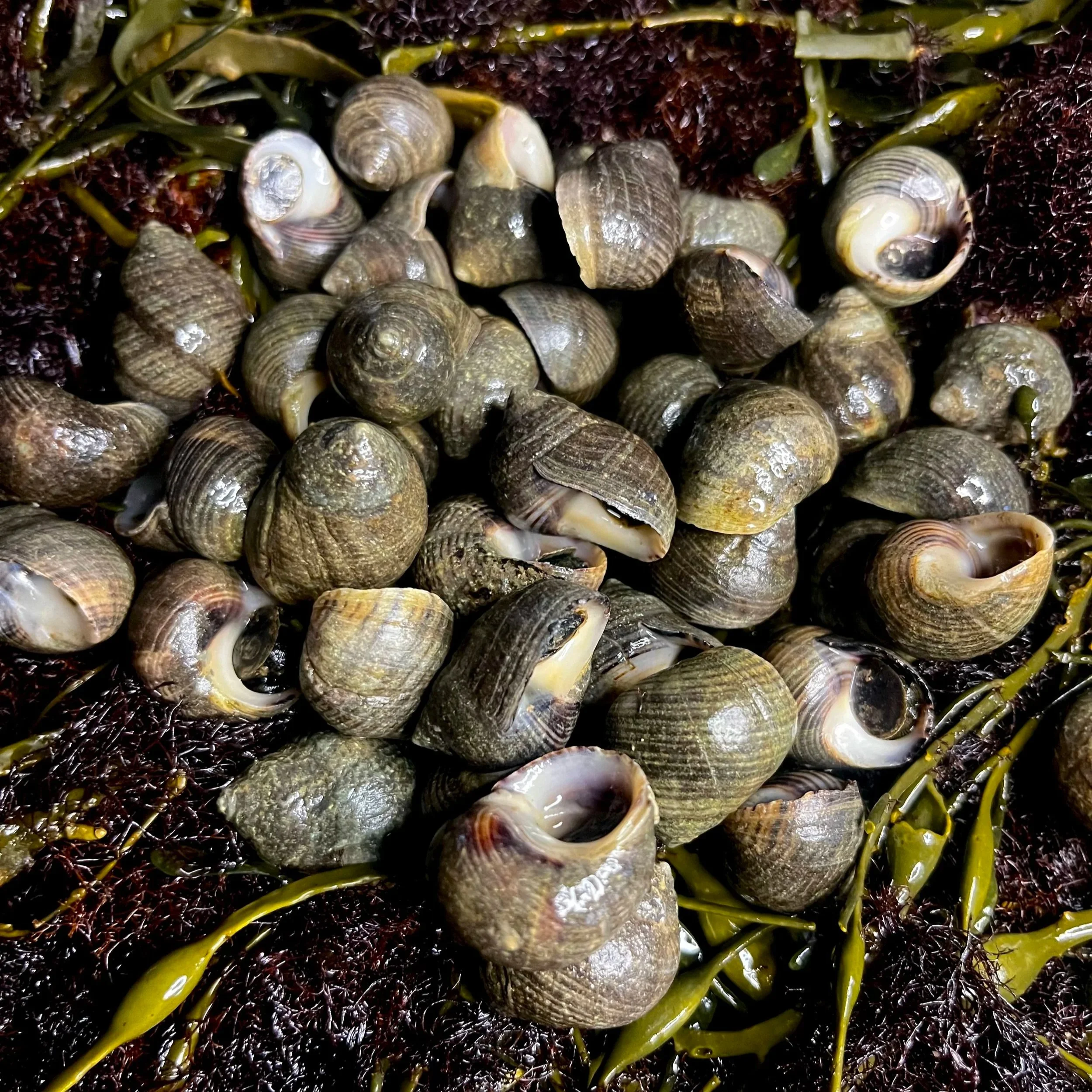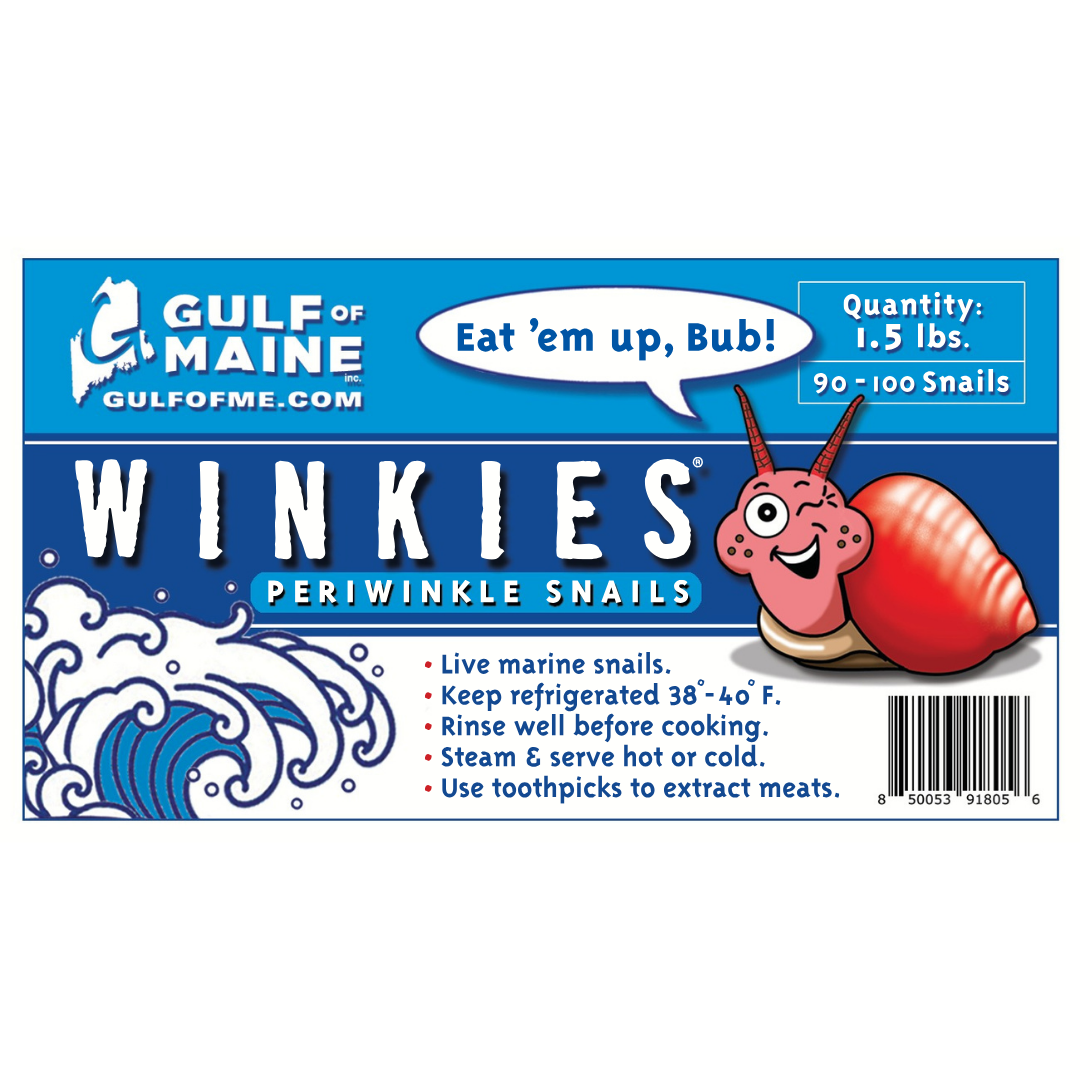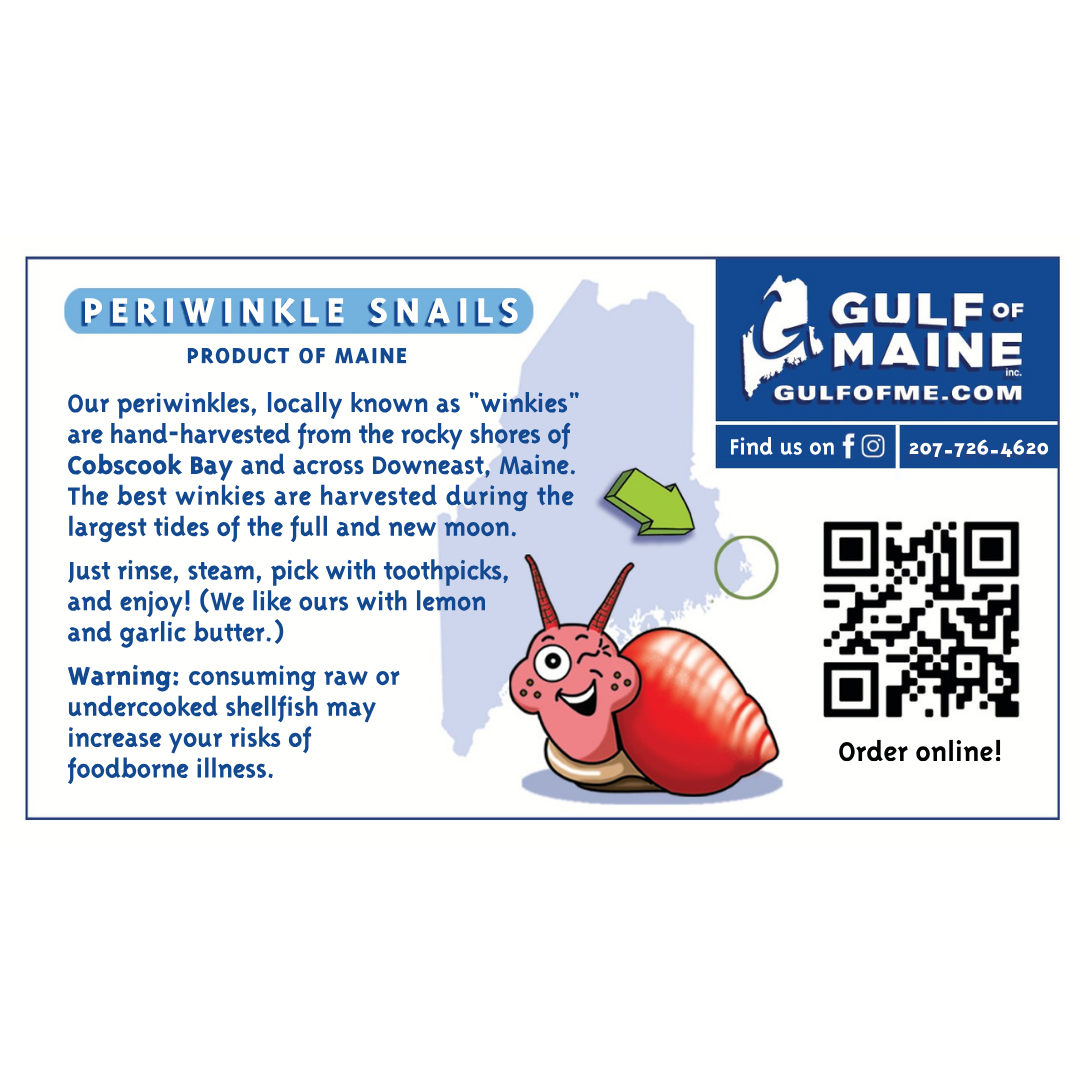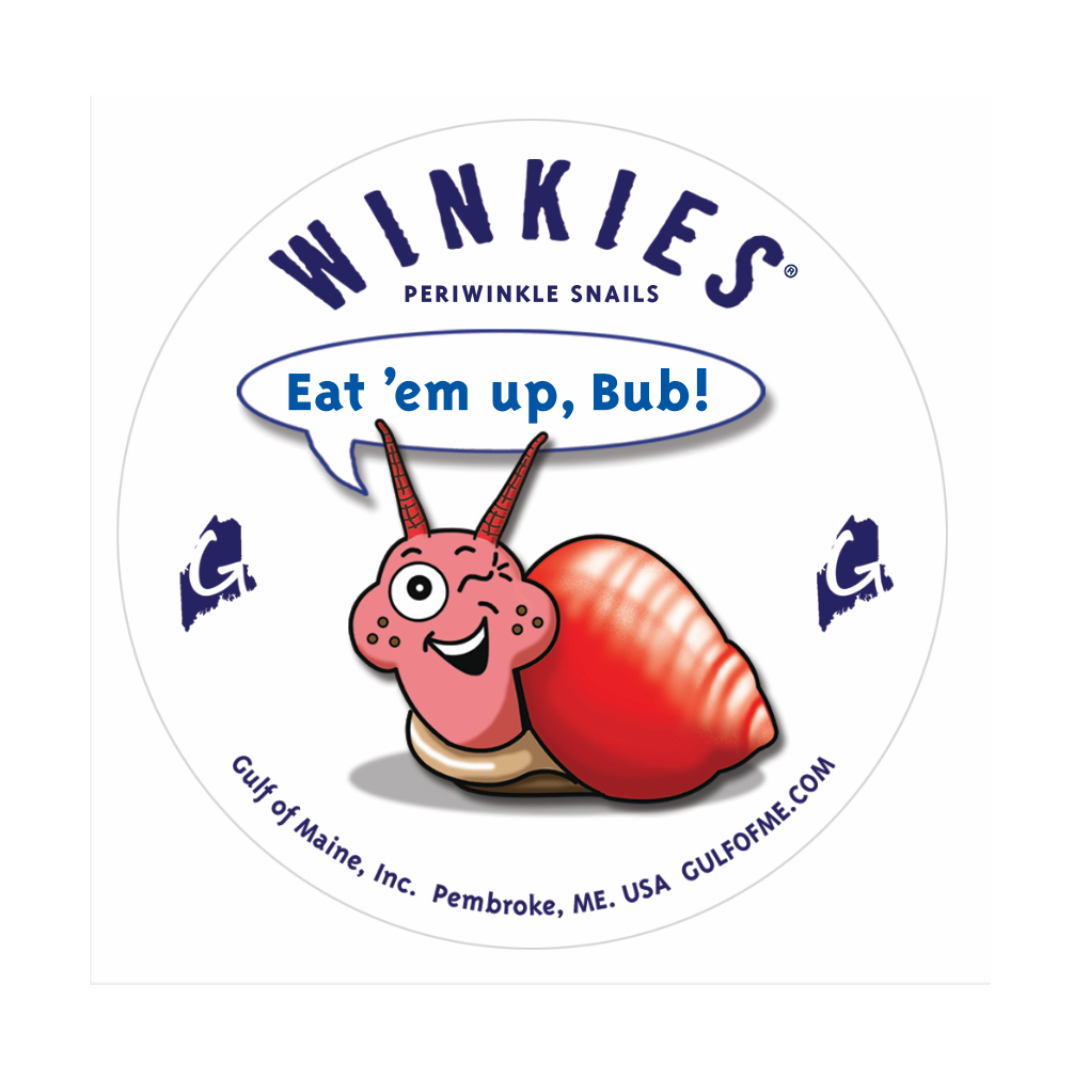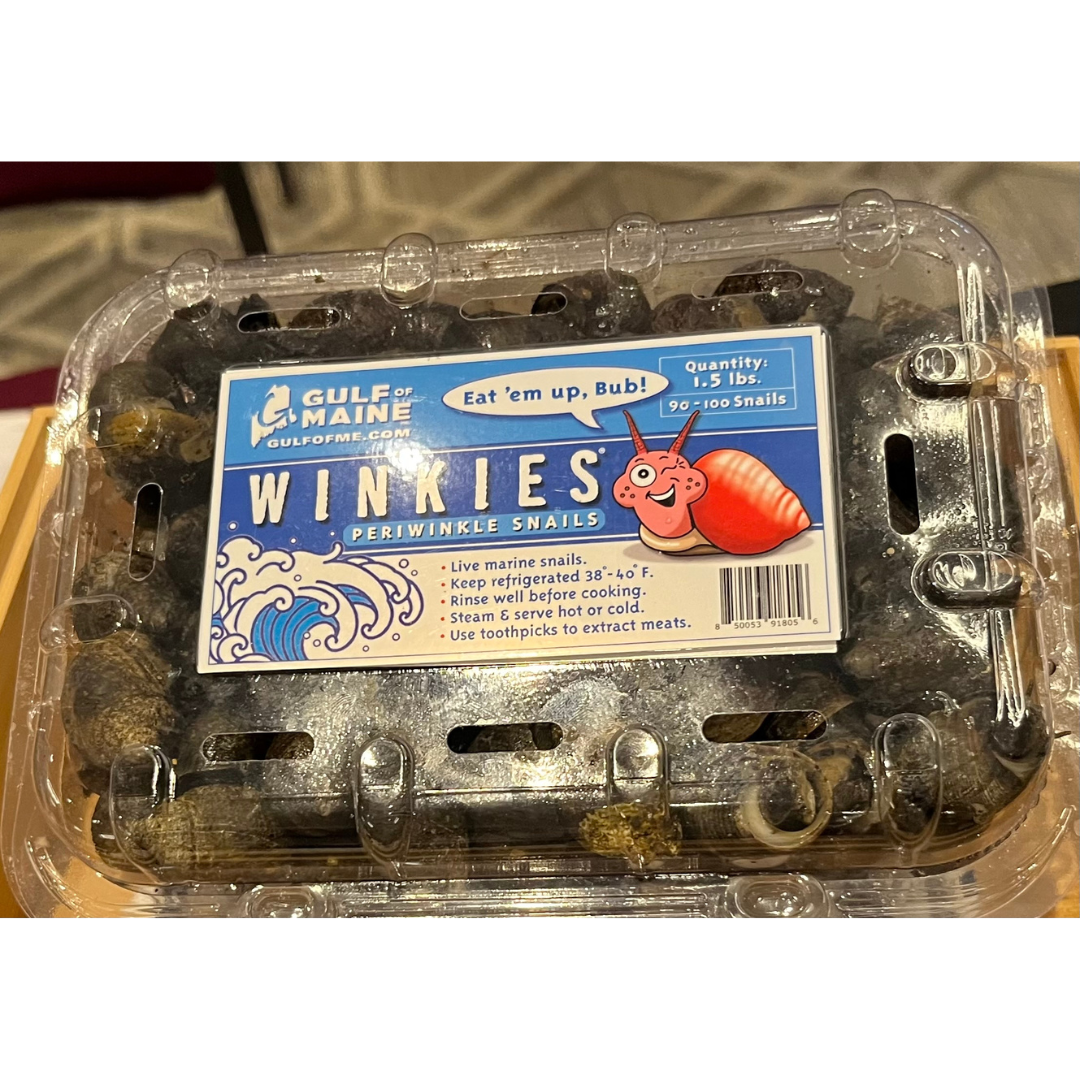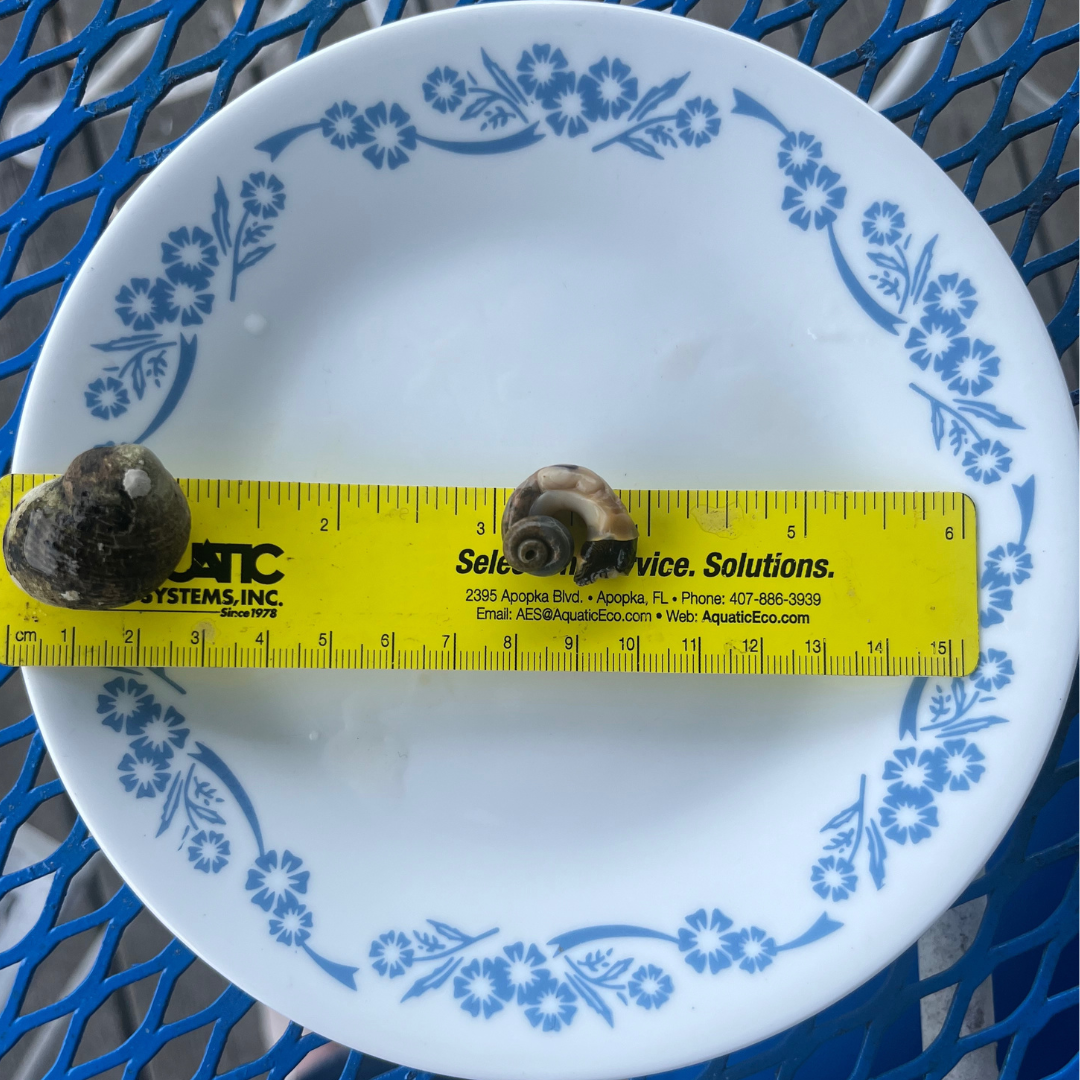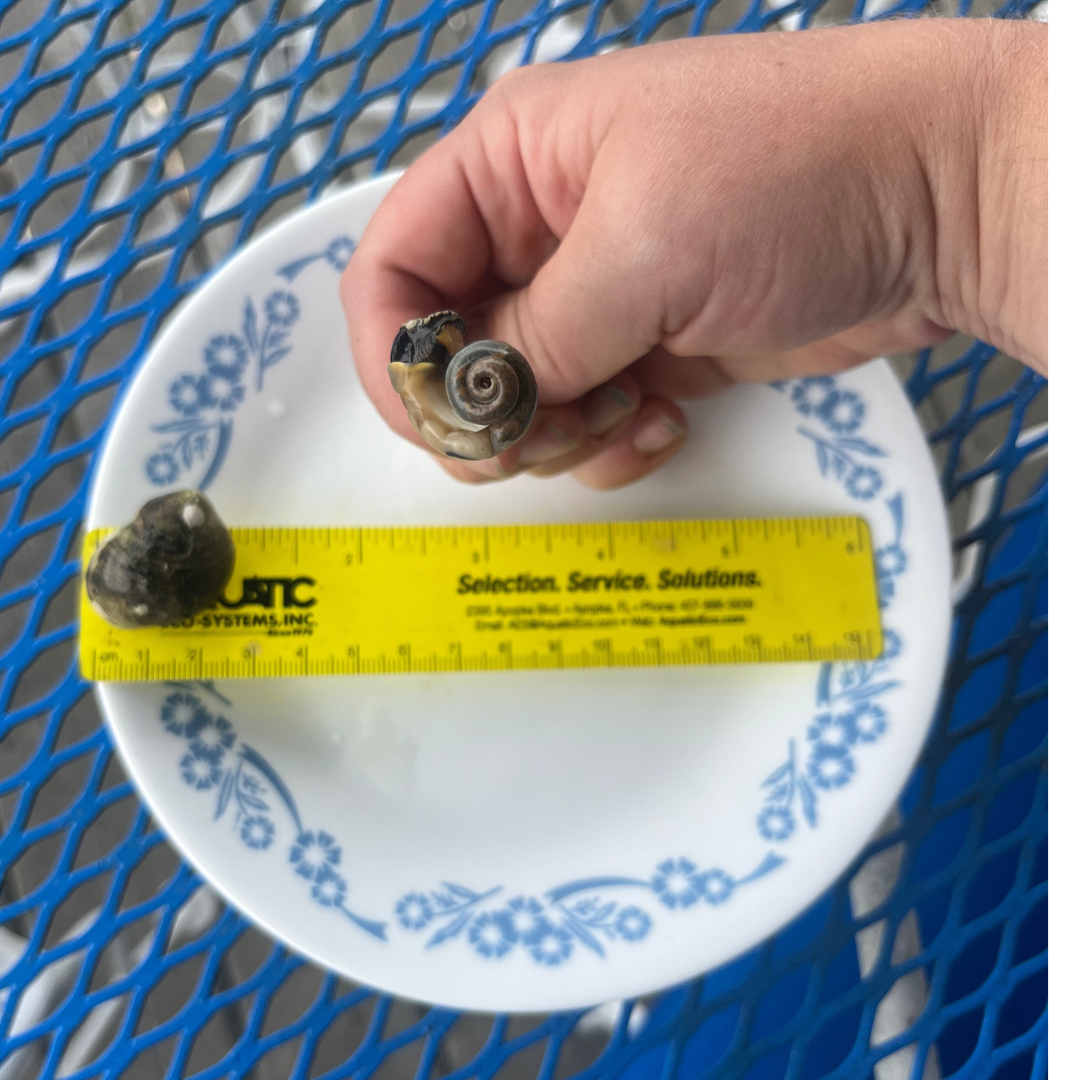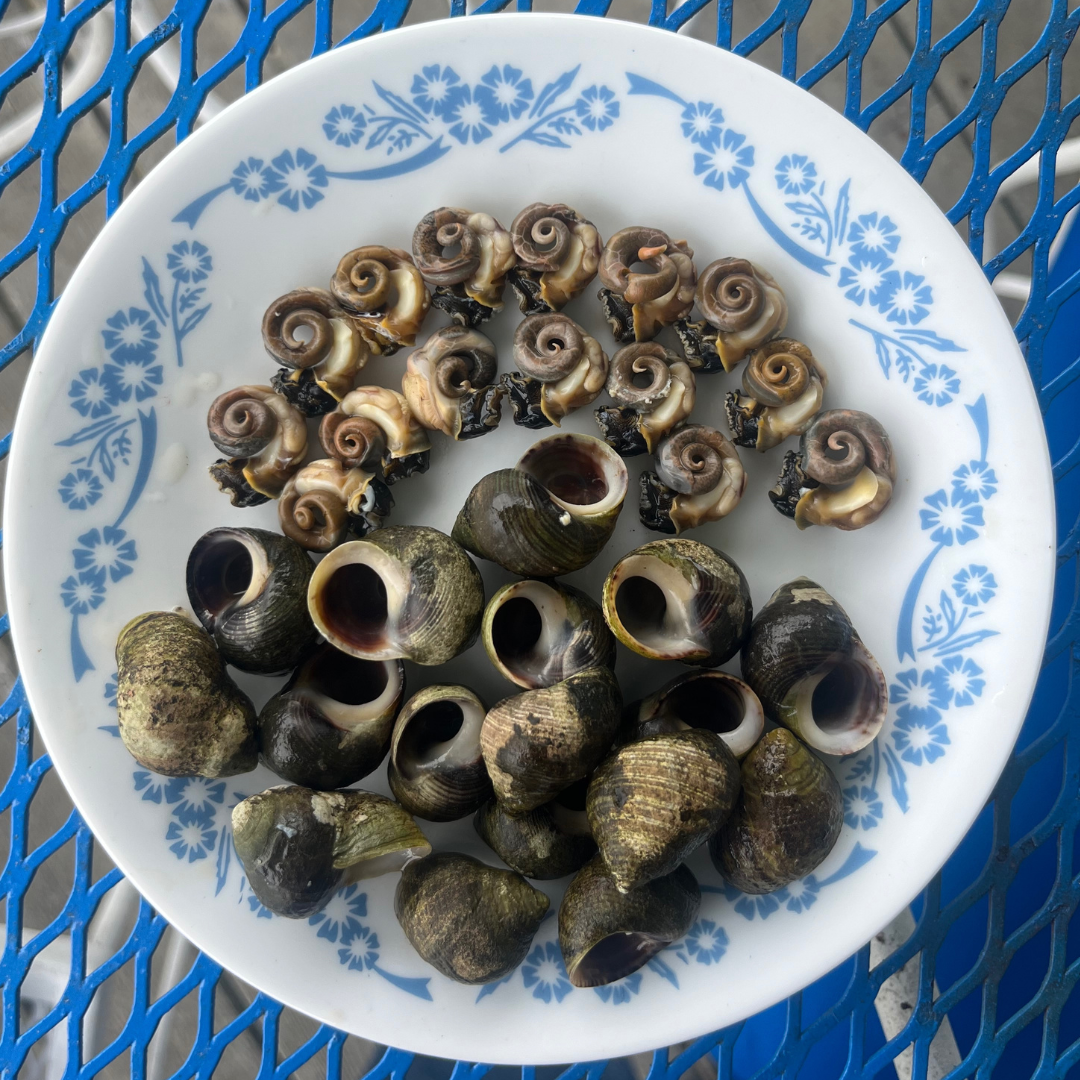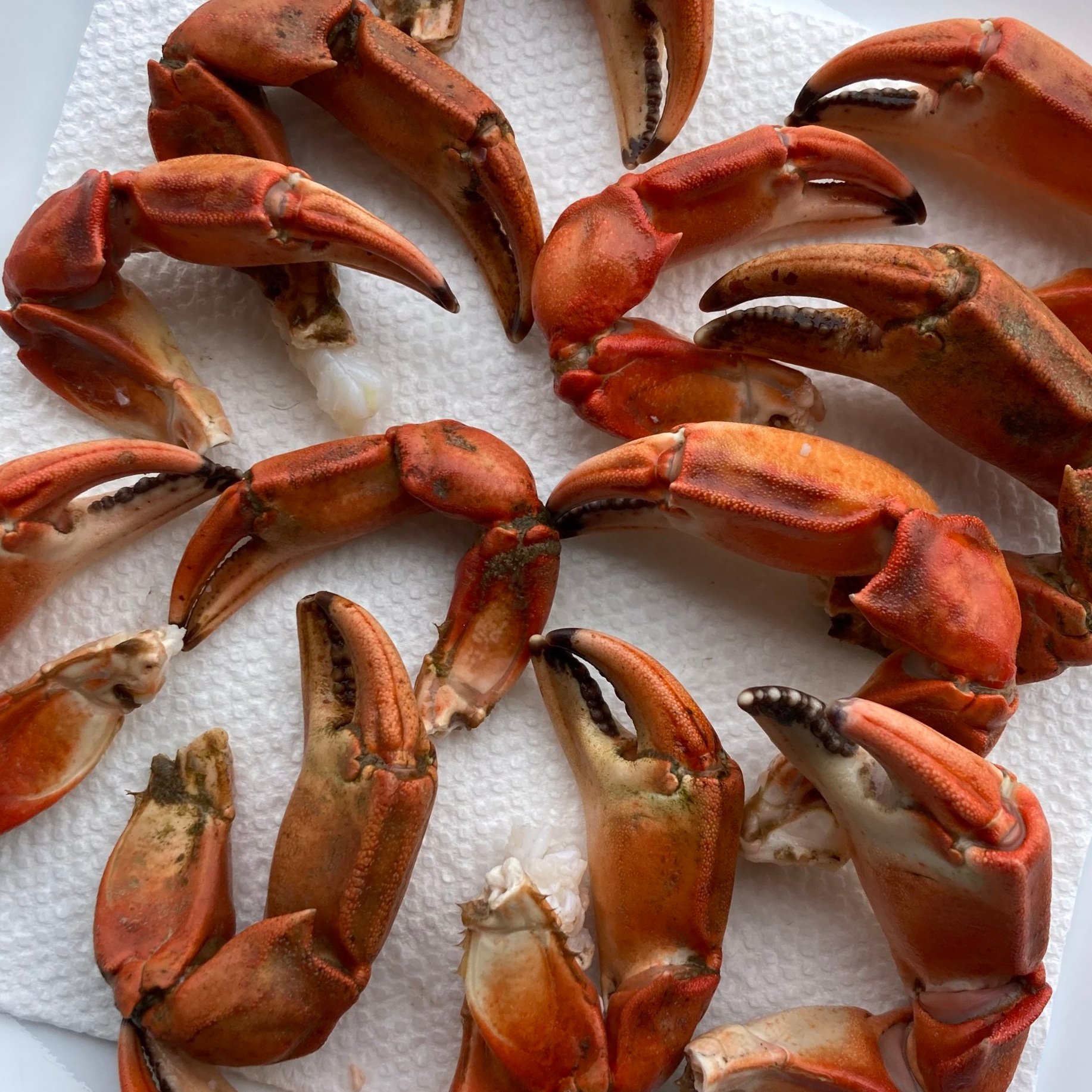 Image 1 of 3
Image 1 of 3

 Image 2 of 3
Image 2 of 3

 Image 3 of 3
Image 3 of 3




Green Crab Claws - Eat Invasives!
Frozen Green Crab Claws – Eat Invasives!
Eat Invasives! The European Green Crab (Carcinus maenas) is one of Maine’s most abundant invasive species — so if you can’t beat ‘em, eat ‘em! These flavorful, wild-harvested crab claws are collected from the cold coastal waters of Maine, then carefully cleaned, frozen, and vacuum-sealed to preserve their natural sweetness and briny flavor.
Each pound contains approximately 24 claws, making them perfect for seafood boils, bisques, or small-plate dishes. Green Crab claws have a taste similar to blue crab — delicate, slightly sweet, and distinctly oceanic — offering a sustainable and delicious way to enjoy Maine’s coastal bounty while helping restore native ecosystems.
Key Facts:
Common name: Green crab
Scientific name: Carcinus maenas
Origin: Gulf of Maine
Form: Frozen claws, vacuum-sealed
Quantity: Sold by the pound (~24 claws per lb)
Use: Sustainable seafood for cooking and “Eat Invasives” education
Storage: Keep frozen until use
Note: As a wild-harvested seafood product, natural variations in size, color, and appearance should be expected.
Frozen Green Crab Claws – Eat Invasives!
Eat Invasives! The European Green Crab (Carcinus maenas) is one of Maine’s most abundant invasive species — so if you can’t beat ‘em, eat ‘em! These flavorful, wild-harvested crab claws are collected from the cold coastal waters of Maine, then carefully cleaned, frozen, and vacuum-sealed to preserve their natural sweetness and briny flavor.
Each pound contains approximately 24 claws, making them perfect for seafood boils, bisques, or small-plate dishes. Green Crab claws have a taste similar to blue crab — delicate, slightly sweet, and distinctly oceanic — offering a sustainable and delicious way to enjoy Maine’s coastal bounty while helping restore native ecosystems.
Key Facts:
Common name: Green crab
Scientific name: Carcinus maenas
Origin: Gulf of Maine
Form: Frozen claws, vacuum-sealed
Quantity: Sold by the pound (~24 claws per lb)
Use: Sustainable seafood for cooking and “Eat Invasives” education
Storage: Keep frozen until use
Note: As a wild-harvested seafood product, natural variations in size, color, and appearance should be expected.



